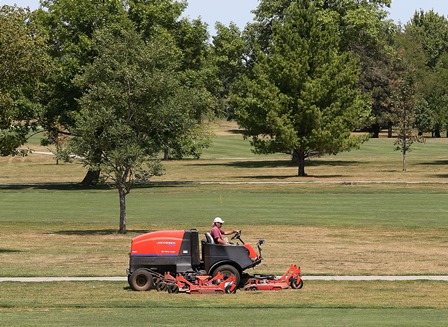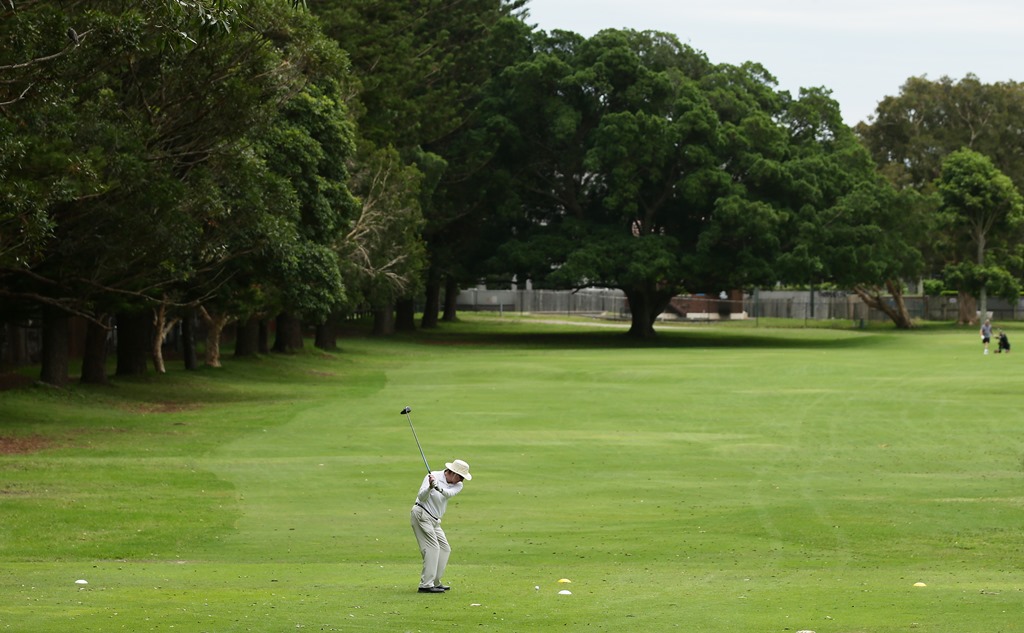
Eric Lynge
With proper social distancing measures in place, golf clubs can be safe havens for their members and other golfers once the game is allowed to be played again, says Asian Golf Industry Federation (AGIF) president Eric Lynge.
“Golf clubs and other clubs do have the opportunity to reinvent themselves as safe havens for their members and other participants if managed well during and after the Covid-19 crisis,” noted Lynge, who is based at the AGIF office in Singapore.
“Certainly, golf already has social distancing built into the game, so an adjustment to further increase distancing between participants in the playing of the game will be much easier than other activities and sports.
“Within the clubhouse and golf operations, the change is more pronounced and similar to other customer-facing businesses. Whether these will be long-term or short-term changes is much dependent upon the duration and nature of this pandemic.”
The financial implications of a drawn-out shutdown, however, could see some golf facilities being forced to shut down. Lynge noted that survival will depend on the finances underpinning individual clubs and resorts.
“Those golf courses who are part of a larger, diversified group may have the resources of the owner group to support them – be they resort courses or semi-private,” he stressed. “This is not to say that Covid-19 will not spur these companies to review whether the golf facility is a long-term benefit to their ownership portfolio. If they were a ‘loss leader’ before, they will be even more in the red than before, unless they look to reinvent themselves with sustainable financial practices of optimising their most important asset, the golf course and its attraction to the member and visitor.
“Private members’ courses staying power will depend upon their membership reserves and dues structure as well as their real estate position. Overall, it is likely that there will be some casualties from Covid-19 in the golf industry as there will be in other businesses. At the same time, there may be opportunities for a smart operator to pick up a property or two to run as a group.”

The biggest challenge in a lockdown is keeping the golf course ready for reopening
Lynge noted that the biggest challenge for golf courses in a lockdown is keeping the facility ready for reopening, both in terms of labour and maintenance. “The most important asset of a golf course facility is the condition of the golf course. Depending upon the resources of the complex and local regulations controlling labour during Covid-19, reopening readiness will vary.
“Some courses in Asia have been able to perform valuable maintenance and renovation which they would not be able to undertake while the course is in operation. Some have only been able to perform minimal maintenance, which will have an impact upon the condition of the course when the golfers return,” he said.
“Also, many courses in Asia have a significant migrant labour force or a national labour force who live in a different region. Staffing availability, both in the clubhouse and on the course, will be another issue which will provide a unique challenge for each course,” added Lynge.
Established in 2010, the AGIF is a non-profit federation with its members and partners involved in all facets of the golf industry. The federation seeks to assist the golf industry in Asia to take the next step towards sustainability through education, networking and other initiatives within its three pillars of management, greenkeeping and groundskeeping.
For more information, log on to agif.asia
















